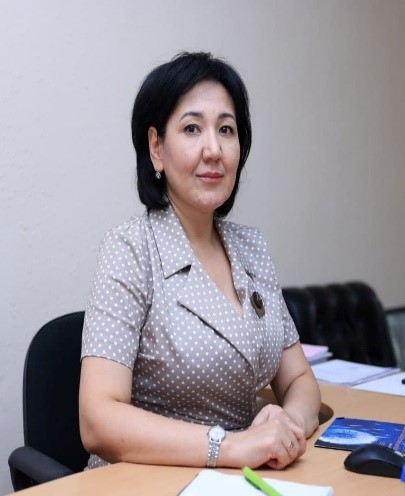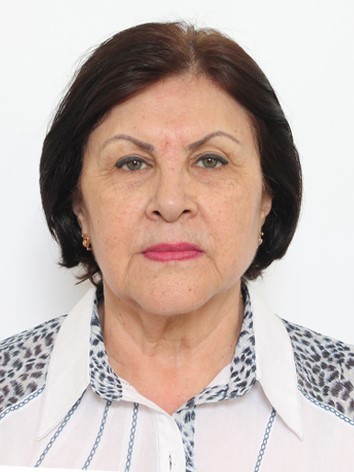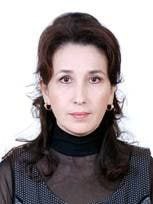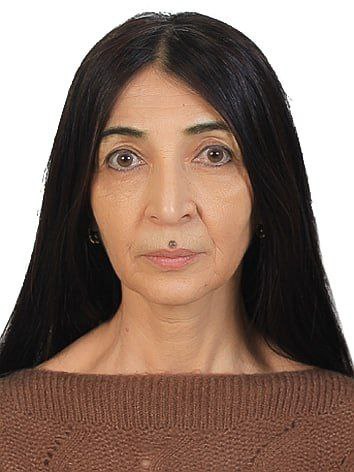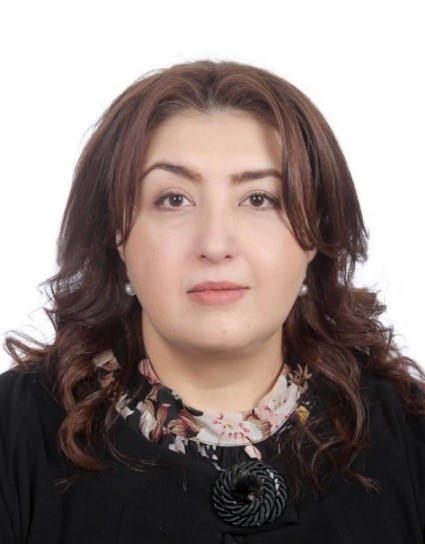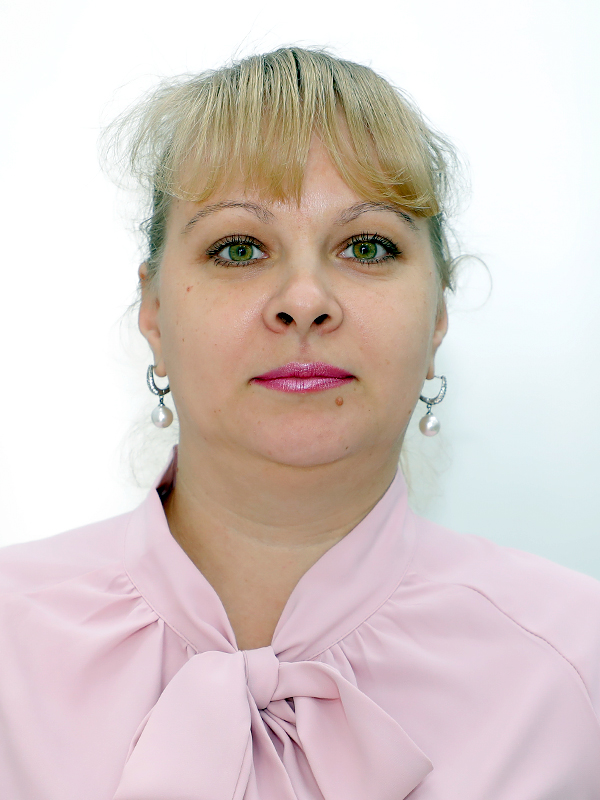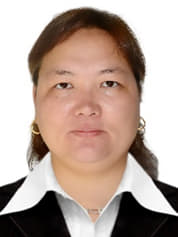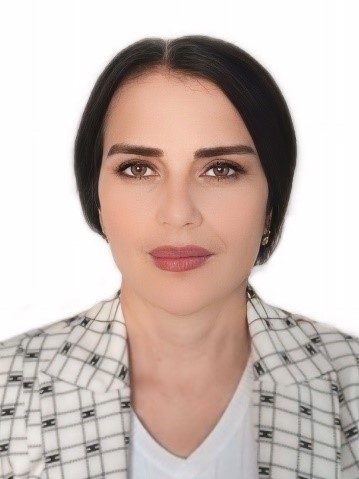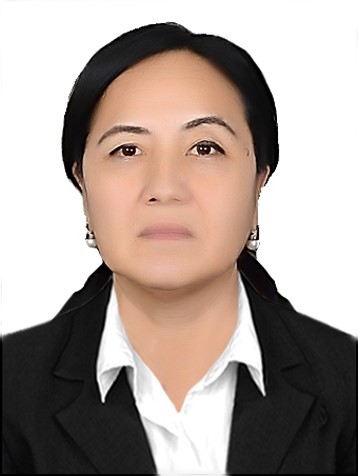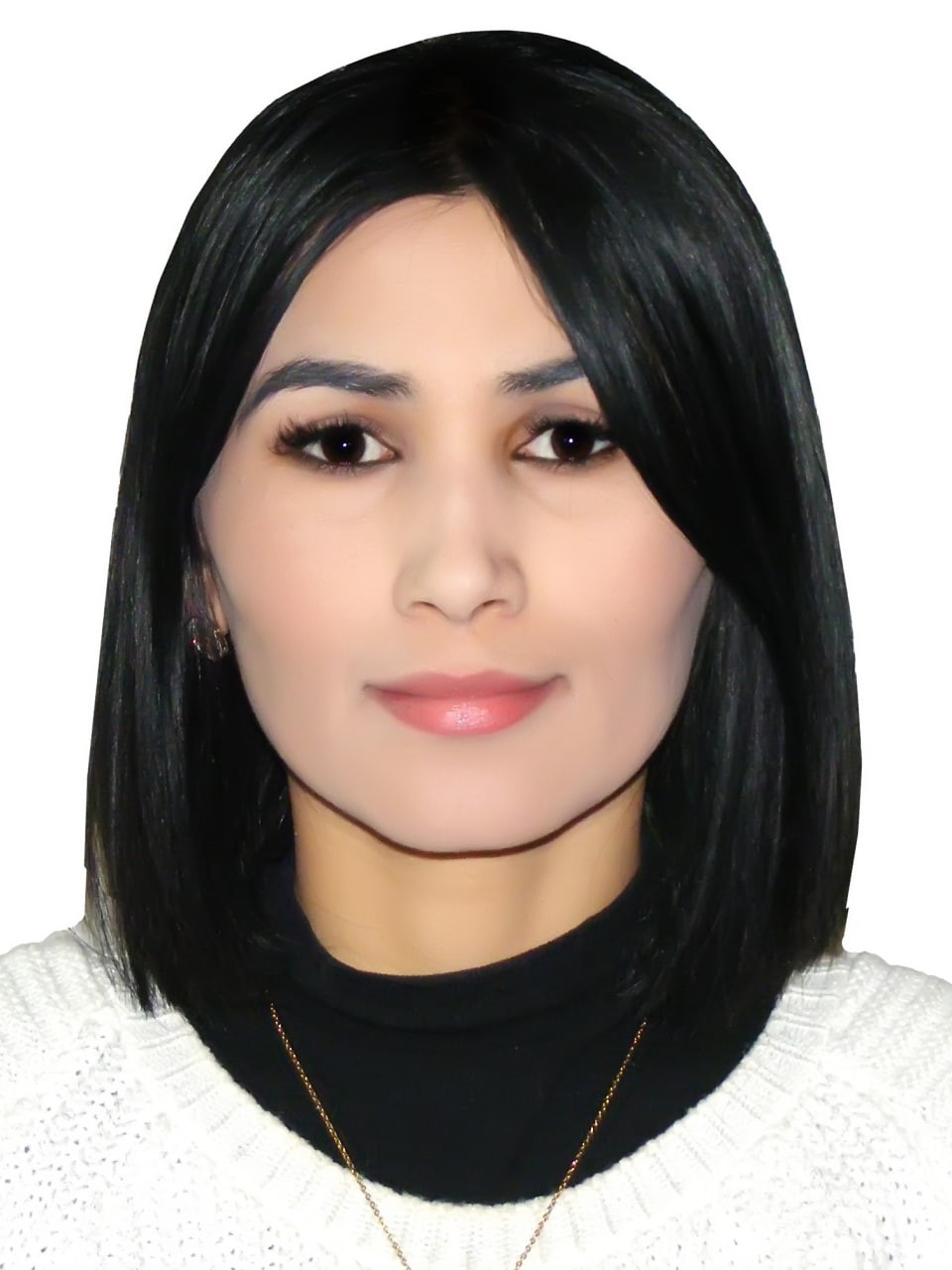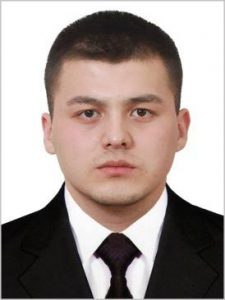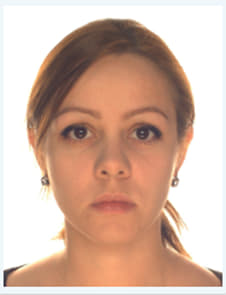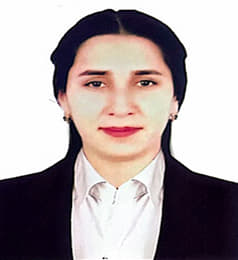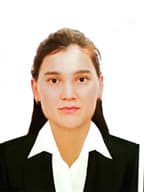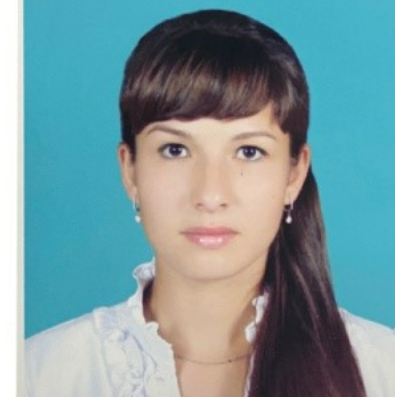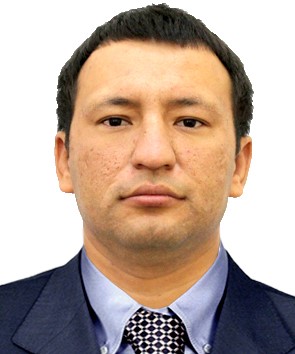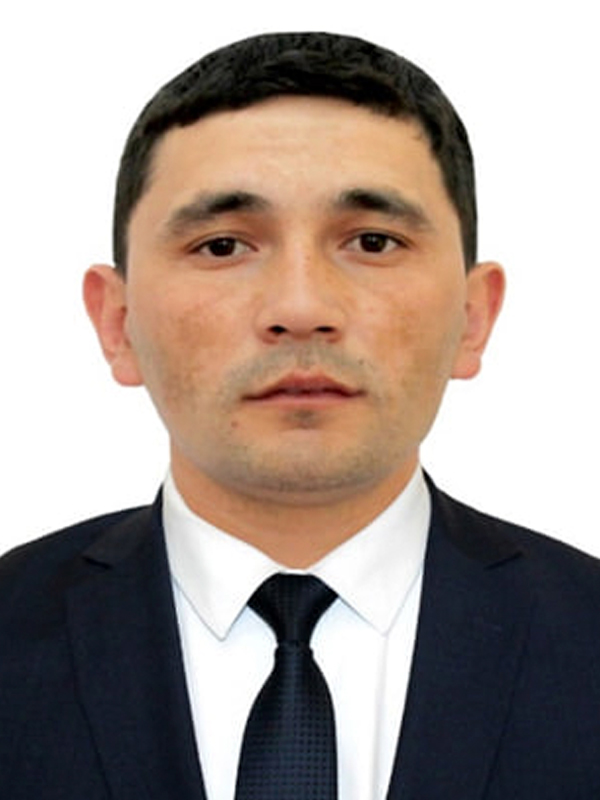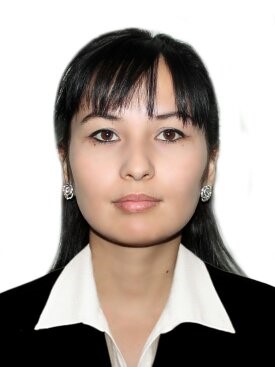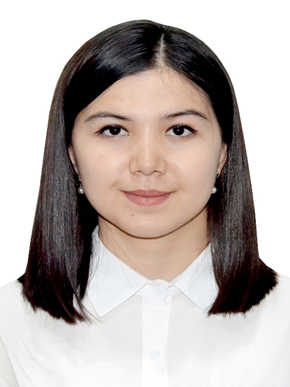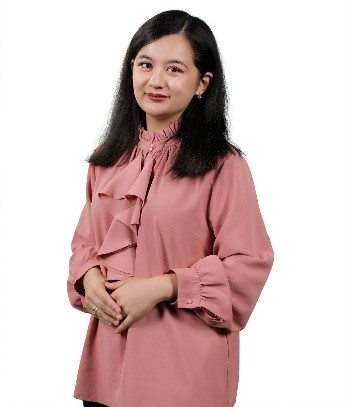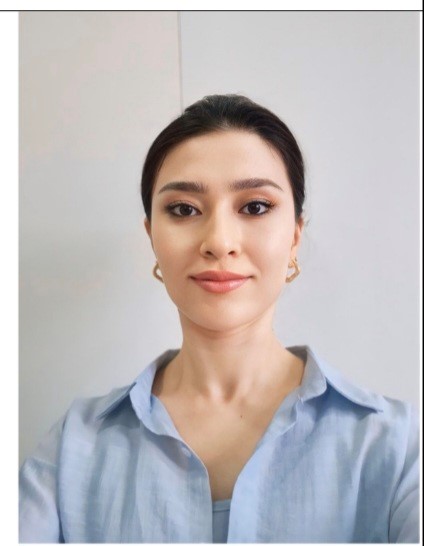
Uzbek and Russian languages department
Departments
- Office of International Academic Cooperation
- Office of Transformation and Strategic Development
- Office of Youth Affairs
- Rector's office
- International Relations and marketing department
- Office of Postgraduate Education
- Office for Academic and Faculty Affairs
- Office of Students Admission and Registration
- Alumni Engagement and Professional Development Unit
- Center of five important initiatives
- Media Relations and Publishing Department
- Office of estates and facilities managment
- Financial office
- Procurement sector
- Human Resources Office
- Office of Academic Quality Assurance and Policy
- Center for Language Education
- English language department
- Oriental languages department
- Uzbek and Russian languages department
- Romano-Germanic Languages department
- Department of Civil Law and Private International Law
- Department of International Law and Public Law Sciences
- Department of International Finance and Investments
- Department of International Economy
- Department of Systematic Analysis and Mathematical Modeling
- Department of International Relations
- Department of Political Science
The Department of Uzbek and Russian languages was established in 1993. One of the main tasks defined in the establishment of UWED, special attention was paid to the issue of language education in the training of personnel for foreign political and economic relations. Experts in the international field were required to have the ability to speak Russian, English and other foreign languages fluently.
For this purpose, students whose mother tongue is Uzbek, who are studying in "International relations", "Political science", "International law", "International economy and management" 1st and 2nd year undergraduate courses Based on the experiences of foreign universities, excellent teaching of the Russian language is important, as well as formation of free communication, oral and written speech skills in Russian-speaking students, the state language - Uzbek, as well as education in the culture of speech and the art of public speaking. was held in In teaching the Uzbek language, which has the status of the state language, and the Russian language, which is an international language, it is an important task to bring specialists who have mastered the language in all respects and have oral and written communication skills to the extent that they fully meet the requirements of the time. was set as
WORKING METHOD OF THE DEPARTMENT:
For 30 years, the department has created its concept of introducing modern organizational forms of the language teaching process in personnel training. The department has its own concept of quality improvement of the language teaching process and introduction of modern organizational forms in personnel training. This concept includes the following mechanism of applying the most effective ways of teaching Uzbek and Russian as a second language in 2 stages to the educational process:
Stage I:
- teaching Uzbek and Russian languages as a second language based on the reading of literary works is important, on the one hand, it introduces students to the country, people's life and culture, and on the other hand, it fulfills the task of enriching lexical and grammatical knowledge, all aspects of speech helps to develop styles;
Stage II:
- as a second stage, the program of the course "Basics of scientific and formal speech of an expert" was developed. This program envisages the development of the student's knowledge and skills in Uzbek and Russian language methods, in particular, formal and academic methods. It contains the necessary information about the peculiarities, types and genres of these styles. The program will help students acquire writing techniques important for their future scientific and creative work, be aware of stylistic requirements, and increase their written and oral literacy in official and scientific topics.
DIRECTION OF SCIENTIFIC RESEARCH OF THE DEPARTMENT:
"Theoretical and practical issues of teaching Uzbek and Russian languages in the training of international specialists"
Based on modern requirements, along with Uzbek and Russian languages, programs of new subjects were developed and put into practice at the department. Including
• "Communication skills", "Навыки общения"
• "Scientific and official language basics of an expert", "Basic scientific and practical specialist-international"
• "Service (commercial) correspondence", "Commercial Correspondence"
• "World literature"
• "Speech culture and the art of oratory"
MODERN TEXTBOOKS AND MANUALS CREATED DURING THE ACTIVITY OF THE DEPARTMENT:
More than 40 textbooks and training manuals were created during the activity of the department. Nowadays, they are widely used in the educational process. The members of the department are the authors of textbooks created not only for higher education, but also for schools and lyceums. The department has educational methodological complexes created on the basis of modern pedagogical technologies that have a patent for Russian and Uzbek languages.
The textbooks and training manuals written by the members of the department have been granted a "publication permit of educational literature" by OO'MTV of the Republic of Uzbekistan. "Practical methodology", "Basics of diplomatic language", "Speech and its linguistic and stylistic tools", "World literature", "Uzbek language (vocabulary and methodology)" "Uzbek language" authored by professors-teachers of the department , "Uzbek language (for foreigners)", “Русский язык”, “Учимся говорить по-русски”, “Русский язык для будущих юристов”, “Богатство лексики русского языка”, “Учебное пособие по русскому языку для студентов направления “Мировая экономика и международные экономические отношения”, “Русский язык. Культура речи”, “Keling, o‘zbek tilini o‘rganamiz”, “Фразеология русского языка”, Русский язык: Экспериментальный учебник для учащихся 10-11 классов школ с русским языком обучения., Русский язык: Учебное пособие для учащихся русских групп академических лицеев., «Русский язык для юристов» and textbooks and training manuals are widely used in the educational process.
CIRCLES ACTIVE IN THE DEPARTMENT
The "Literature Lovers", "Young Artists" and "Dialogue Club in Russian" clubs are operating under the department. During the classes of the "Adabiyotsevalar" circle, students will become more aware of the peculiarities of the art of words, get acquainted with the processes of world and Uzbek literature, famous works, and participate in heated debates about them. will have the opportunity.
During the activity of the "Young Artists" circle, talented students are given the necessary advice, help with the editing of articles, and master classes are organized. Students learn to speak Russian fluently in the classes of the "Russian Communication Club". The training is aimed at forming communication skills. This club is intended for those who have basic knowledge of the Russian language. The essence of the method is to improve existing knowledge, acquire new skills, and teach to speak naturally and freely.
PARTNERSHIP:
The department has a lot of experience in the methodology of language teaching to foreigners. Short-term and long-term programs for teaching Uzbek and Russian languages to foreigners have been developed at the department. A number of modern study guides have been created for foreigners. In particular, manuals on teaching the Uzbek language were written in co-authorship with foreign experts. For many years, relations have been established with organizations such as KOICA (South Korea), JICA (Japan), Waseda (Japan), Hankuk, Ajou (South Korea) universities, and on the basis of special programs Uzbek and Russian language is taught.
